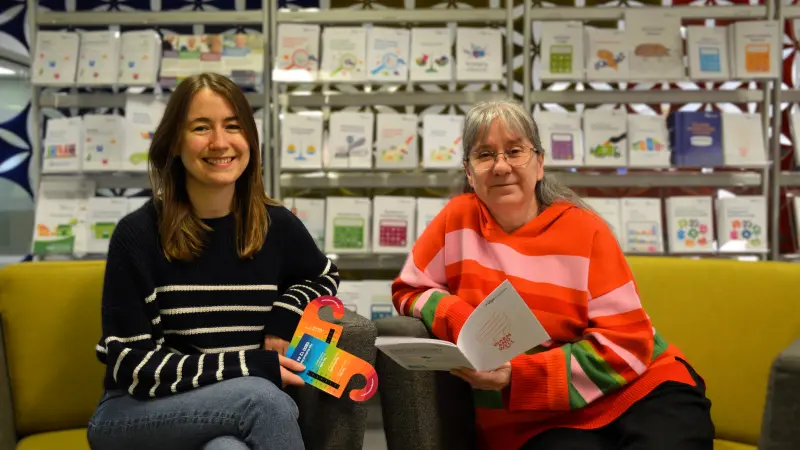Look out for older people during cold snap, urges Age Scotland
Age Scotland is asking people to check on their older friends, neighbours and relatives as sub-zero temperatures are expected to hit this week.
The Met Office has issued a warning for snow and ice from Wednesday, with temperatures dropping as low as -10 degrees Celsius in some areas and disruption to travel and deliveries expected.
Icy weather conditions can be especially dangerous for older people who are at increased risks of falls and poor health, and the charity is concerned that this first cold snap since energy bills began rising poses further risks for those reluctant or unable to heat their homes to a comfortable level for fear of running up unmanageable energy bills.
Age Scotland’s Head of Policy and Communications, Adam Stachura, said:
“This winter is set to be an especially difficult one for hundreds of thousands of older people in Scotland, with the rising cost of living placing households under considerable pressure.
“Our 0800 12 44 222 helpline has already been hearing from an increasing number of older people struggling to heat their homes to a comfortable level, and this will really hit home as sub-zero temperatures begin to bite this week.
“Living in cold or damp conditions can put older people at increased risk of flu and other respiratory illness. It can also lead to raised blood pressure, which increases the likelihood of heart disease and stroke. Worrying about bills can also have a negative impact on mental wellbeing.
“We’re continuing to encourage every older person to make sure they are claiming all the social security support they are entitled to, particularly as claiming may make you eligible for future cost of living payments recently announced by the UK government.
“We’re aware that warm and social spaces are open in many areas of Scotland to combat the impact of rising energy bills, but these cannot be considered a long-term solution. There is also still a concern for older people with restricted mobility, or travel disruption preventing people from being able to get from one place to another safely.
“However, there are steps we can all take to help those around us. It’s more important than ever to check in with your older relatives and neighbours. For instance, you could offer a hot meal, help with shopping, collecting prescriptions, or clearing and de-icing paths where needed, or just pop round or pick up the phone regularly for a chat.”


